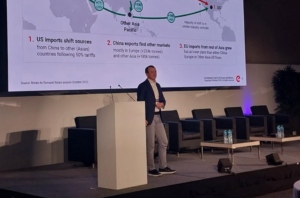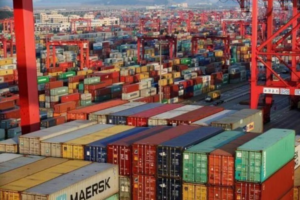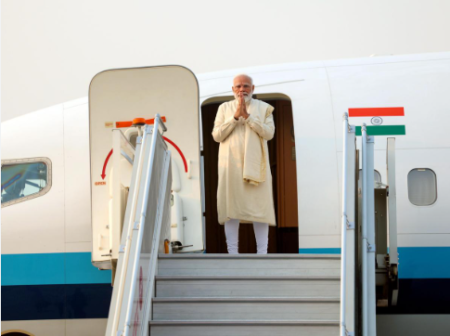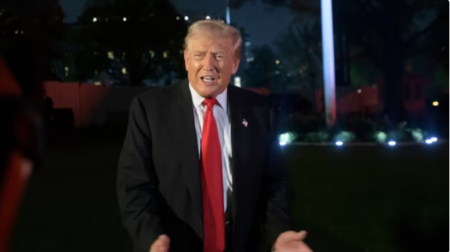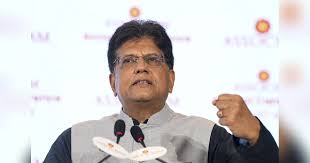The cabinet approves the Export Promotion Mission (EPM), a flagship Budget 2025–26 initiative to boost India’s export competitiveness, especially for MSMEs.
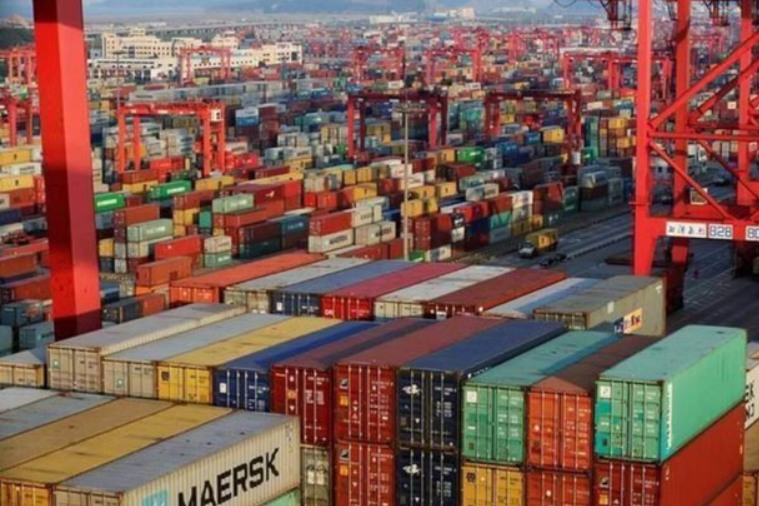
The Union Cabinet, chaired by Prime Minister Narendra Modi, has formally given its assent to the Export Promotion Mission (EPM). This initiative, a key feature of the Union Budget 2025–2026, is a significant undertaking designed to bolster India’s competitive standing in global trade. The programme will specifically target and strengthen the capabilities of MSMEs, novice exporters, and sectors heavily reliant on labour.
With a total budget of Rs. 25,060 crore for FY 2025–2026 to FY 2030–2031, the Mission would offer a comprehensive, adaptable, and digitally driven framework for export promotion. EPM is a strategic change from several disjointed schemes to a unified, outcome-based, and flexible framework that can quickly address issues in international commerce and changing exporter demands.
The newly approved Export Promotion Mission (EPM) is founded upon a collaborative structure involving key government bodies and industry players, including the Department of Commerce, the Ministry of MSME, and the Ministry of Finance, as well as crucial stakeholders such as financial institutions, export promotion councils, commodity boards, industry associations, and the regional state governments.
The mission will be executed via two interconnected sub-schemes, each targeting a distinct pillar of export growth. The NIRYAT PROTSAHAN scheme focuses on enhancing the access of MSMEs to affordable trade finance. This will be achieved through a diverse toolkit of financial instruments, including interest subvention, export factoring, collateral guarantees, dedicated credit cards for e-commerce exporters, and credit enhancement support designed to facilitate market diversification.
In parallel, NIRYAT DISHA concentrates on non-financial measures crucial for improving market readiness and overall competitiveness. Its focus areas include essential support for export quality and compliance, financial assistance for international branding, packaging, and participation in trade shows, improvements in export warehousing and logistics, reimbursement of inland transport costs, the provision of trade intelligence, and comprehensive capacity-building programmes.
In order to better meet the demands of modern trade, EPM unifies important export assistance programmes, including the Market Access Initiative (MAI) and the Interest Equalisation Scheme (IES).
Inadequate export branding and fragmented market access, limited and costly trade finance access, high compliance costs with international export standards, and logistical disadvantages for exporters in interior and low-export-intensity regions are just a few of the structural issues that the mission is intended to directly address.
Priority support under EPM will be given to industries like textiles, leather, gems and jewellery, engineering items, and marine products that have been affected by recent increases in global tariffs. The initiatives will assist diversification into new regions, maintain export orders, and safeguard jobs.
The implementing agency will be the Directorate General of Foreign Trade (DGFT), and all procedures from application to disbursement will be handled using a specialised digital platform that is connected to the current trade systems.
It is anticipated that the mission will help MSMEs obtain affordable trade finance, improve export readiness through certification and compliance support, increase market access and visibility for Indian products, increase exports from non-traditional districts and sectors, and create jobs in manufacturing, logistics, and related services.
In line with the goals of Viksit Bharat for 2047, EPM is an ambitious attempt to make India’s export framework more technologically advanced, inclusive, and globally competitive.
SOURCE – PIB

